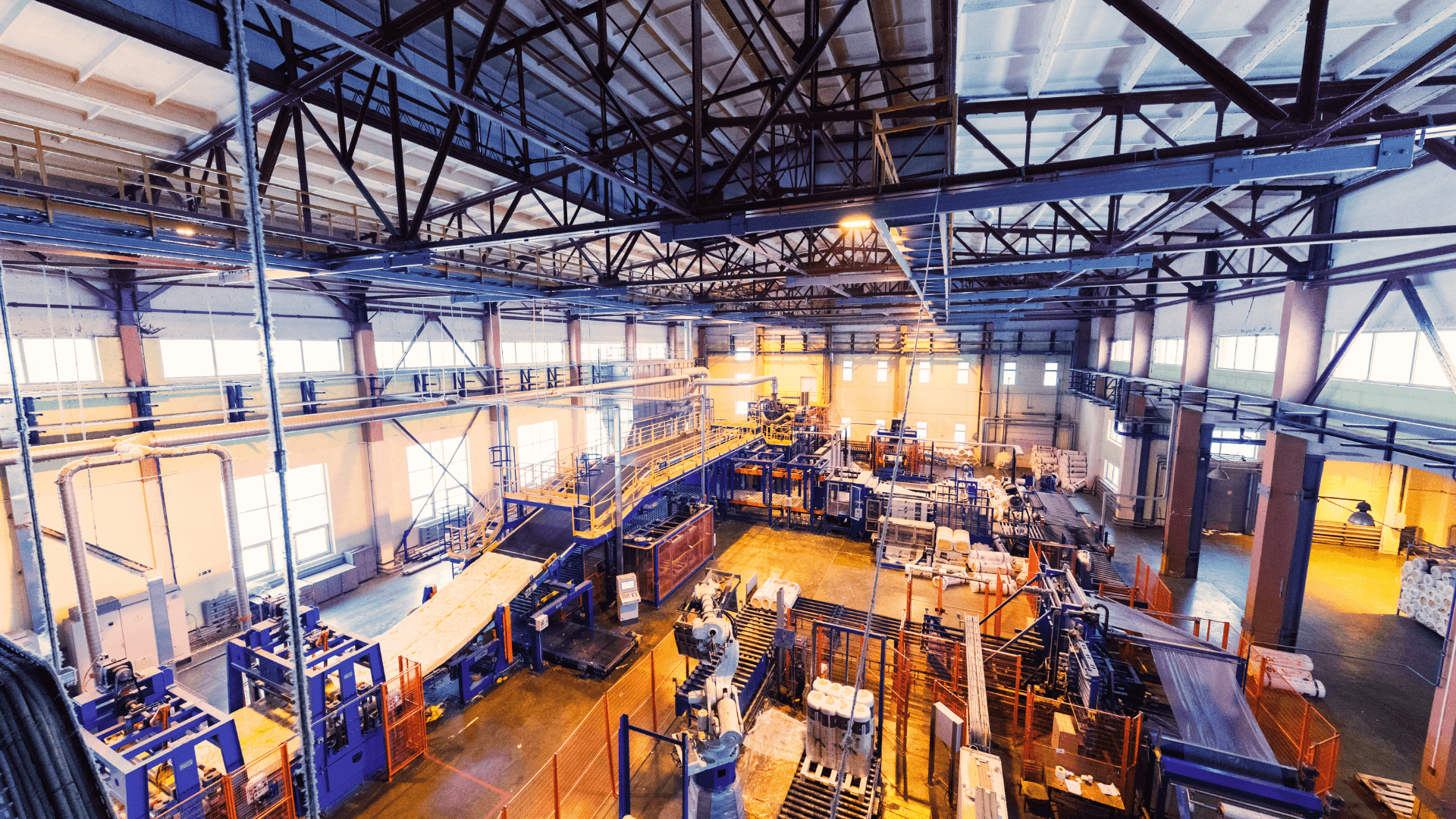If you’re a business owner in India looking for a sizeable loan, you’ve likely come across two primary options: a Business Loan Against Property (BLAP) and an unsecured (collateral-free) business loan. Each serves a purpose, but they are not created equal. Understanding the distinction is crucial to making a financially sound decision for your enterprise.
So, are loans against property better than collateral-free loans? It depends on your specific business needs, the urgency of funds, the loan amount required, and the risk you are willing to take. Let’s break it down.
A Business Loan Against Property involves pledging a commercial or residential property as collateral to secure funding. You can use this loan for various purposes, such as expanding operations, purchasing machinery, or consolidating debt. Since the risk to the lender is lower, LAPs usually come with better interest rates, longer tenures, and higher loan amounts.
On the other hand, collateral-free loans (often offered as personal or business loans) don’t require any assets to be pledged. They are faster to process but tend to come with higher interest rates, strict scrutiny, and shorter repayment periods.
Key Differences Between Business Loan Against Property and Collateral-Free Loans
Before going for the right loan, you must weigh the key differences that could impact your finances and operational flexibility:
| Feature | Business Loan Against Property | Collateral-Free Loan |
| Security | Requires property as collateral | No collateral needed |
| Loan Amount | Higher, based on property value | Limited, depends on credit profile |
| Interest Rate | Generally lower | Higher due to increased risk |
| Processing Time | Longer (due to property valuation) | Quicker disbursal |
| Repayment Tenure | Up to 15 years | Typically 1-5 years |
| Eligibility | Depends on the property type, income, and repayment ability | Based mainly on credit score and financials |
This table gives you a quick sense of the trade-offs. For instance, if your business owns a commercial or industrial property, you could unlock its value using a business loan on commercial property. It’s a great way to access large funds at manageable repayment terms.
Why LAP is Often a Better Choice: Core Advantages
When you’re planning long-term business growth, stability matters. Taking a high-interest loan may solve an immediate problem, but it could limit your flexibility in the months ahead. That’s where a Business Loan Against Property proves its merit.
Let’s say you run a manufacturing business and own an industrial shed. Instead of opting for an expensive short-term loan, you could take a loan against industrial property to fund your machinery upgrade or scale production. Here’s why this approach can offer better value:
1. Higher loan eligibility
BLAPs enable access to larger sums by leveraging your property’s equity. The loan amount is typically calculated as a percentage of the property’s market value, usually between 60% to 70%. This means you can unlock significant capital without selling business assets or diluting equity, making it ideal for major investments like plant upgrades or large-scale expansion.
2. Lower interest rates
Since BLAPs are secured loans, lenders are more confident about recovering their funds. As a result, they offer more competitive or low interest rates compared to unsecured options. This difference in rates, even if it’s just a few percentage points, translates into substantial long-term savings, particularly on high-value loans.
3. Longer tenure, lower EMI
The availability of long repayment tenures, often stretching up to 15 years, means borrowers can keep their monthly EMIs low. This protects working capital and ensures that your cash flow isn’t under undue stress. It also allows you to match repayments with your business cycles and revenue patterns.
4. Flexible end use
Unlike some loans that come with rigid usage restrictions, BLAPs offer tremendous flexibility. Whether you need funds to purchase raw materials, clear existing liabilities, boost inventory ahead of peak season, or enter a new regional market, an BLAP gives you the freedom to use the money where it’s needed most.
5. Property remains yours
Using your property as security doesn’t mean giving up ownership. You retain full use of the asset throughout the loan tenure. As long as repayments are timely, you continue to occupy, lease, or use the property without interference. This safeguards your long-term asset base while still freeing up working capital.
These advantages make LAPs particularly appealing for asset-rich business owners who have built up real-estate assets but may be currently cash-strapped and now want to monetise their assets without selling. A Business loan against property is a way to fund growth while retaining long-term control over your financial future.
When Collateral-Free (or Unsecured) Loans Might Make Sense
There are situations where a business loan without collateral isn’t just convenient but is the only practical solution. Not all enterprises have commercial or residential property they can mortgage. And even if they do, sometimes time sensitivity or lower funding needs push businesses to consider unsecured financing. Here’s when collateral-free loans are worth considering:
1. Faster approval for urgent needs
In time-sensitive situations, such as securing a last-minute bulk order, paying supplier dues, or resolving a sudden cash shortfall, speed matters more than loan interest rates. Collateral-free loans are generally processed faster since they require minimal documentation and no property appraisal. Funds can be disbursed within 48 to 72 hours, making them a viable lifeline for businesses needing immediate liquidity.
2. Smaller ticket size suits short-term needs
If you need a relatively small amount (typically under Rs. 20 lakhs) for purposes like buying seasonal stock, running a digital campaign, or hiring contractual staff, an unsecured loan is often simpler and more efficient. These loans are designed for short-term usage with easy EMI structures, making them easier to manage without long-term financial commitment.
That said, unsecured loans generally come with higher interest rates, shorter repayment periods, and stricter eligibility based on credit score. If not planned carefully, they can add financial pressure instead of easing it.
Tips for Choosing the Right Option to Fit Your Financial Needs
Choosing between a LAP and a collateral-free loan isn’t only about interest rates or loan size. It’s about what works best for your business goals, operational stability, and comfort with risk. Here are some practical considerations to guide your decision:
1. Assess your cash flow: Start by understanding how much monthly EMI your business can comfortably handle without affecting operations. Use tools like a business loan against property calculator to estimate repayment schedules under different tenures and amounts. This helps you strike the right balance between affordable instalments and the total interest outgo.
2. Know your property value: If you’re leaning towards an LAP, get your property professionally evaluated. Factors like the property’s location, legal clearance, age, and commercial utility play a huge role in determining your eligibility. Lenders like Electronica Finance Limited consider both the physical condition and market potential of your residential or commercial property when assessing your application.
3. Consider loan urgency: Need funding within a few days? Then, a collateral-free loan might be your only viable choice. These loans are designed for speed and convenience, which makes them suitable for situations where timing outweighs cost. However, if your need is not immediate and you can wait for a couple of weeks, LAP could provide better value in the long run.
4. Check your credit score: A strong credit score always helps, but for unsecured loans, it’s often the primary deciding factor. If your credit history is patchy, your chances for unsecured loan approval reduce significantly, or you may be offered a high interest rate. For secured loans like LAP, the emphasis on credit score is somewhat relaxed, as the property serves as a safety net for the lender.
5. Choose the right lender – Not all lenders offer the same terms or have the same level of understanding of business realities. Consider specialised NBFCs like Electronica Finance Limited, which are well-versed in serving SMEs and understand the intricacies of machinery and property-based lending. Their processes tend to be more streamlined and borrower-friendly than traditional banks.
Final Thoughts
Business financing needs to have many options to suit different requirements. A business loan against property offers structure, affordability, and sizeable funding, making it ideal for long-term strategic needs such as business expansion. Meanwhile, a collateral-free loan can be a lifesaver when time is tight or if you don’t own property.
Understanding your financial situation, asset availability, and funding urgency is key to making an informed decision.
Take the next step in growing your business. Apply now for a business loan against property on the EFL Clik App.
Frequently Asked Questions (FAQs)
How much loan can I get against my property?
The amount of loan that you can get against your property depends on the type and value of the property, but most NBFCs offer between 60% to 70% of the property’s market value. For example, if your property is worth Rs. 1 crore, you may be eligible for a loan of Rs. 60-70 lakhs.
What is the tenure for a Business Loan Against Property?
Loan tenures for LAP usually range from five to fifteen years, depending on the lender and borrower profile. Longer tenure means lower EMIs, which can ease business cash flow planning.
When should I choose a collateral-free loan instead of BLAP?
Choose an unsecured loan when:
- You don’t have property to mortgage
- You need funds urgently
- The loan amount is relatively small
- You prefer a shorter commitment without asset risk
Are there tax benefits on a Business Loan Against Property?
Yes, interest paid on a LAP used for business purposes can be claimed as a business expense under the Income Tax Act. However, there are no tax deductions for the principal repayment unless the loan is used for purchasing or constructing a property.
How can I apply for a Business Loan Against Property online?
You can apply easily through NBFC platforms like Electronica Finance’s Click App. Upload basic documents, check eligibility, use the business Business loan against property calculator, and get fast approvals from the comfort of your home or office.



